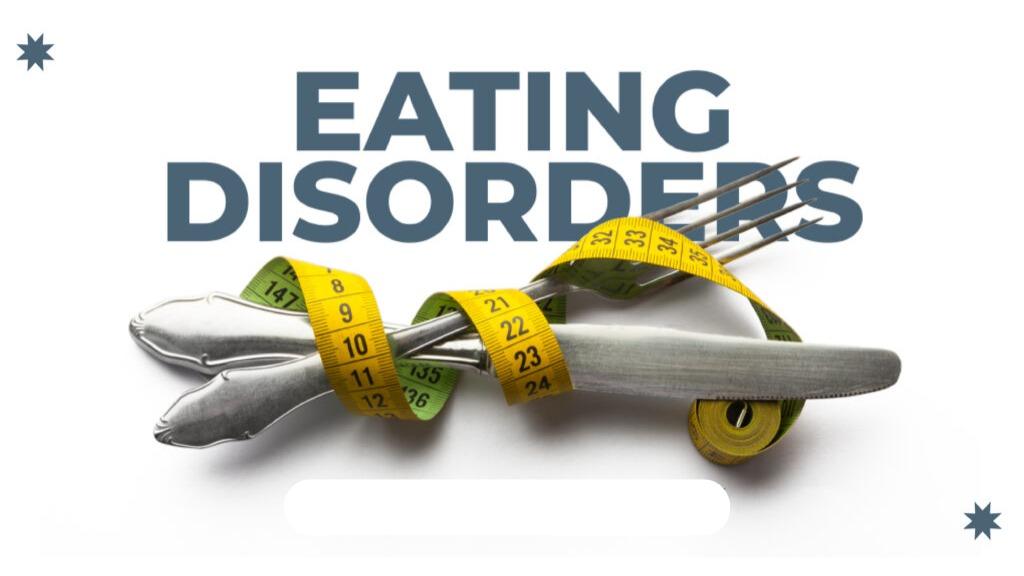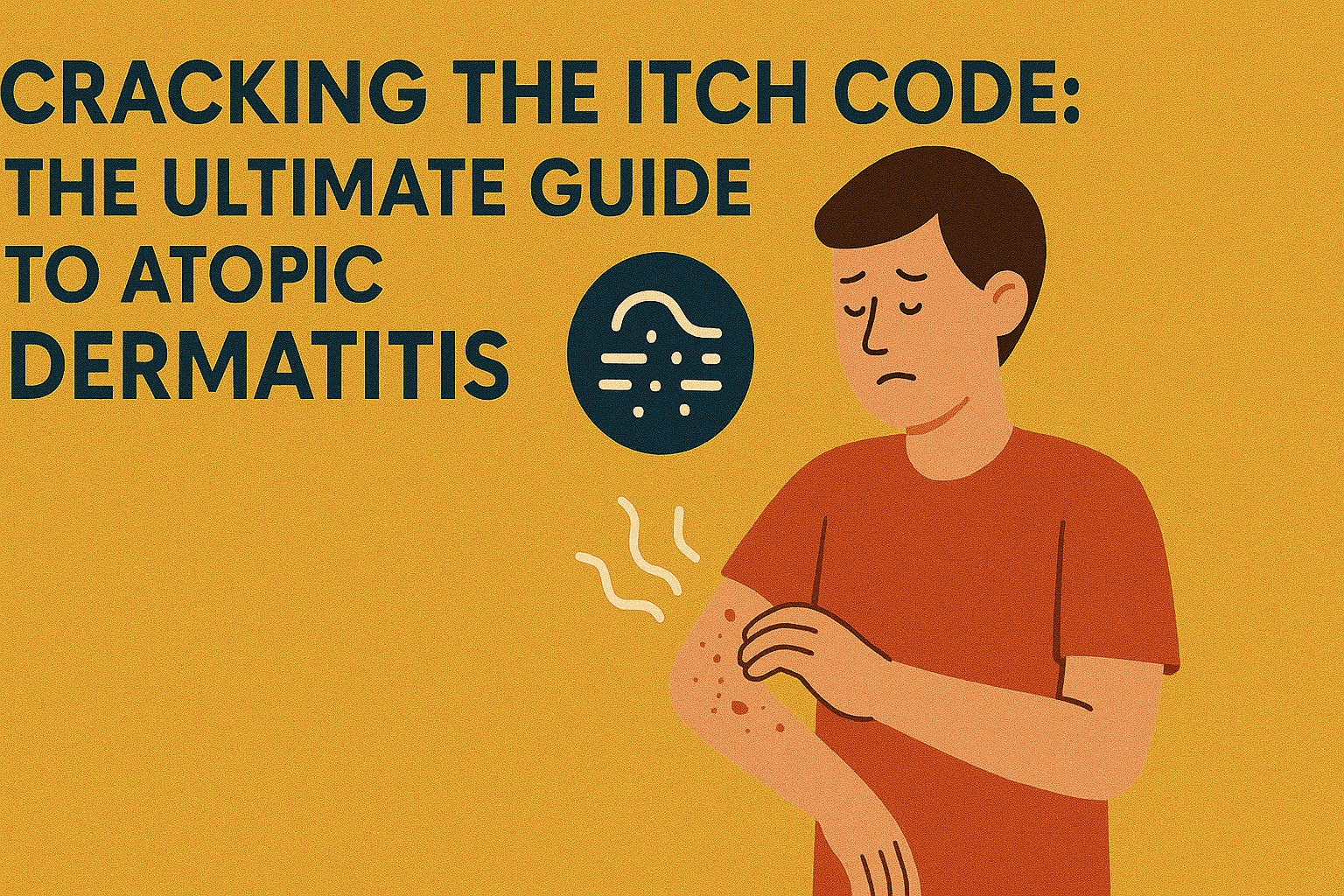With more than 28 million people in the United States suffering from an eating disorder during their lifetime, only a minute percentage of those get effective help. Awareness increases, yet they could only cure so much. This is how eating disorder trials become increasingly important, unlocking the next generation of therapies and care strategies.
This blog gives insight into the importance of eating disorder clinical trials, their benefits, how they work, testimonials of real-life success, and what the future holds for patients and researchers alike.
Why Eating Disorders Trials Matter
1. Tackling a Silenced Epidemic
Eating disorders, including anorexia nervosa, bulimia nervosa, binge eating disorder (BED), and ARFID, are among the most complex psychiatric illnesses, with extremely high mortality rates for mental health conditions.
2. Limited Treatment Options
Most existing treatments focus on therapy and general psychiatric medications. New development trials evaluate potential new medications, therapies, and digital tools that improve the future-long-term outcomes.
3. Close Research Gaps
Prevalent in high numbers, eating disorders and underfunded cases in comparison with other psychiatric illnesses should receive more such funding and academic attention to fuel progress attracted by clinical trials.
The Major Benefits of Participation in Eating Disorder Trials
- Cutting-edge Treatments: Participants may get new treatments years before public availability.
- Expert monitoring: Some trials provide specialized monitoring by expert clinicians.
- Free Treatment: Most trials pay for treatment and testing.
- Advancement in Knowledge: It provides knowledge advancement for many.
Straightforward: How to Join an Eating Disorder Clinical Trial
Step 1: Look for Trials
Some ongoing studies are listed on platforms such as ClinicalTrials.gov, CenterWatch, and hospital websites.
Step 2: Eligibility Check
Match your age and diagnosis to the inclusion and exclusion criteria using the requirements set by each clinical trial.
Step 3: Speak with a Study Coordinator
She/he will give you information regarding the nature of the trial, the risks and benefits, and your rights.
Step 4: Informed Consent and Enrollment
You will then sign a consent form and undergo initial screening after being fully informed.
Step 5: Participation and Follow-Up
Depending on the study’s design, your participation may last from weeks to months while you are checked up on regularly.
Example in Real Life: The ROSE Study for Binge Eating Disorder
It has also been tested by the University of Pittsburgh in a study named “Reinforcement-Based Treatment for Overeating and Stress Eating (ROSE Study)” on a novel behavioral therapeutic model that improves self-control and emotional regulation.
As early participants reported:
- 40 % reduction in binge-eating episodes
- Improved coping strategies
- Great retention compared to standard therapy
As Dr. Marsha Marcus, lead researcher, states, “The pilot results look incredibly promising and suggest a scalable, community-friendly intervention.”
Actionable Tips for Navigating Eating Disorder Trials
- Be Openhearted in Screenings: It very well makes safe and sound test results, which will not be compromised later.
- Journal It: Experience, side effects, and emotional health will all be captured here.
- Networking: Always stay in the loop with study coordinators about progress.
- Support Groups: Ex-participants’ forums or online groups can offer the kind of insight and encouragement you need.
Common Pitfalls to Avoid
1. The ungrasped commitment
Some are multiple visits, tests, and questionnaires. The time concerning the expectation is expected to be laid bare upfront.
2: Symptoms ignored
Every new or worsening symptom must be reported to the doctor, even if it seems unimportant.
3. Wrong Expectations
A trial will not cure. Again, given that cures are typically short-term, one learns to appreciate trials as possibly contributing benefits.
Future Trends in Eating Disorder Research
💊 Precision Medical Approaches
Profiled for genetic and hormonal profiling, these may allow personalized treatments sometime soon.
📱 Digital Therapies and Apps
Trials around mobile CBT apps, AI-driven chatbots, and wearable monitoring devices are on the rise.
🌍 More Inclusive Studies
The efforts are with the inclusion of more diverse populations to address disparities in access and treatment.
Conclusion: The Loser Will Change by Trials.
Eating disorders trials are more than just experimental medicine; they are a voice and a possibility toward healing and better care for millions. Proper education, informed participation, and continual funding will shape these into a better future within mental health.
On a Brief Note:
- Trials offer access to a cutting-edge care and patient support system.
- Through participation, personal health would improve, as would the understanding of science.
- Innovation is the future of treatment; clinical trials are leading the charge.
Think of joining a trial? Start by looking up your doctor or trusted registries, and find a trial that best suits what you need: your objectives. The healing process could start with just one courageous step forward.




